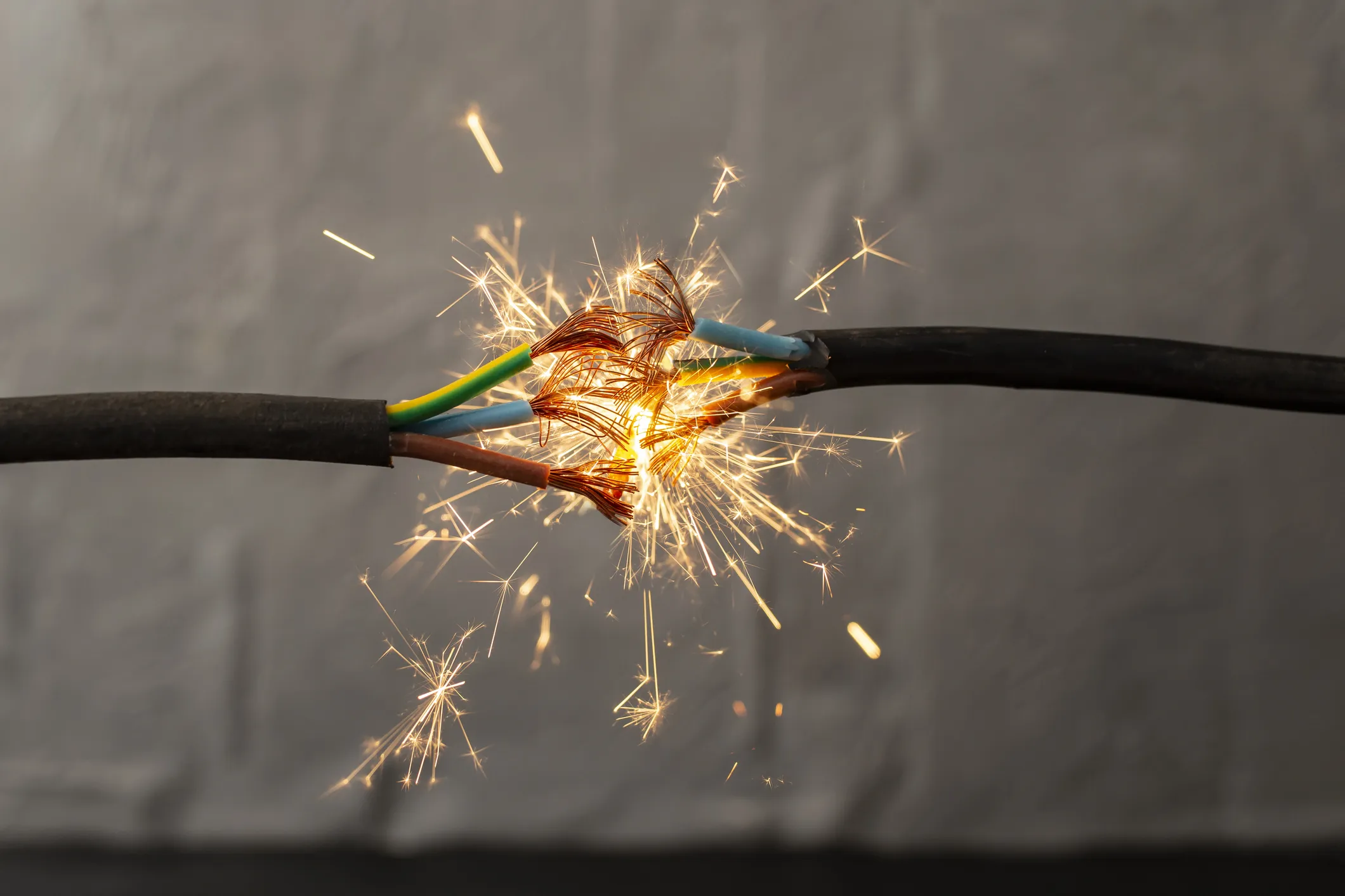Avoiding Electrical Hazards: Shocks, Fires and Outages
Electricity powers everyday life, powering everything from your lights and TV to your refrigerator and air conditioner. However, with the advantages of modern electricity comes the necessity for safe, effective use. After all, an electric current can be dangerous if not handled properly. Faulty wiring, overused outlets and using malfunctioning electronics can all cause a number of problems. Follow these essential electrical safety tips at home to prevent electrical shocks, fire hazards and outages.
1. Regularly Check Your Electrical System
Regularly inspect all of your home’s power outlets, switches and associated wiring. Signs of damage include cracked or broken outlets, hot, discolored switches and damaged wiring. If you notice any unusual signs, such as sparks coming from an outlet or lights that turn on and off, it’s time to contact local Experts.
2. Stop Overloading Electrical Circuits
Overloading circuits often leads to electrical fires. This is most likely when multiple devices are crammed into one outlet or circuit, causing it to overheat. To prevent this, be smart about where you draw your home’s power across different outlets and circuits.
High-power appliances, like residential refrigeration and AC units, should have circuits to themselves to minimize the risk of overloading. Using multi-outlet strips can help you manage multiple devices more easily, but they should not be used to try and stretch an overloaded circuit’s capacity. Make sure the power strips also have surge guards for added safety.
3. Safe Ways to Plug, Unplug Your Home’s Electrical
How you handle your electrical sockets and wiring greatly influences electrical safety. Always have the plug fully connected to the socket before turning on the device. If you notice that the plug is wobbly and risks falling out, call an electrical professional. When removing the plug, pull closer to the plug itself rather than yanking the cord to prevent damage.
4. Keep Your Electrical Safe from Water Damage
Always keep your home’s electrical insulated from potential water damage. Even a small amount of moisture may lead to a sudden electrical short or localized shock. Keep sockets away from contact with water, using additional caution in humid spaces like kitchens and bathrooms where a lot of the plumbing is.
5. Replace Outdated Electrical Before It Becomes Unsafe
Old wiring is more prone to failure and fire hazards. Replacing old electrical infrastructure improves the home’s energy efficiency. For example, your older home might not have safety innovations like ground fault interrupters, so consider having those installed anywhere there’s a risk of electrocution if the outlet gets wet. Additionally, arc fault circuit interrupters (AFCIs) help stop fires by preventing electrical arcs. These should be installed in bedrooms and most-used living spaces.
6. Select Proper Light Bulbs
Always use light bulbs that fit the recommended wattage for your fixtures. Using a bulb with higher wattage than specified may cause overheating and damage to the fixture. Pick LED bulbs, a long-lived, efficient substitute to incandescent bulbs. They also produce smaller amounts of heat, making them the better option all around.
7. Use Surge Protectors
Power surges can damage your home’s electrical system and even pose a fire risk. Having a whole-house surge protector is particularly useful for homeowners wanting to insulate their entire electrical system and HVAC equipment from these unexpected surges, such as those caused by thunderstorms. For individual devices, opt for socket surge protectors to safeguard against dangerous voltage spikes. These provide an additional investment in safe electrical and ensuring that key electronics or medical equipment is safe from power fluctuations.
8. Educate Other Members of Your Family
Speak to your family about these electrical safety tips to ensure they learn and follow them. Remind children not to stick objects into outlets, pull on cords or handle electrical devices without supervision. Go over emergency procedures with your family, such as how to use a fire extinguisher and the importance of not using water on an electrical fire. Teaching your family creates a safer environment for everyone.
9. Hire a Trained Professional
Working with electrical systems is best left to trained, insured professionals. For even basic electrical work, always switch off the breaker panel before getting started and use the right tools and supplies. Without enough experience, it is better to hire a certified electrician for more complex jobs like whole-house rewiring, installing new outlets and any major repairs.
Certified electricians are up to date on the latest electrical codes, which may be updated to address new safety hazards. If you’re planning several large electrical projects, you’ll also need to pull the necessary permits, something certified electricians can handle for you. Without experience, DIY fixes often cause more harm than good, so pick the safest option and keep your home in compliance by hiring an electrician.
Schedule Expert, Licensed Electrical Services
Making sure electrical systems are safe prevents damage and protects your loved ones and home alike. When you need a breaker panel upgrade, ceiling fan installs or washer/dryer hookup, trust Enercare McKinley. We pride ourselves on delivering fast, yet lasting solutions for all residential electrical needs. Contact us today to request licensed electrical services in your area.



